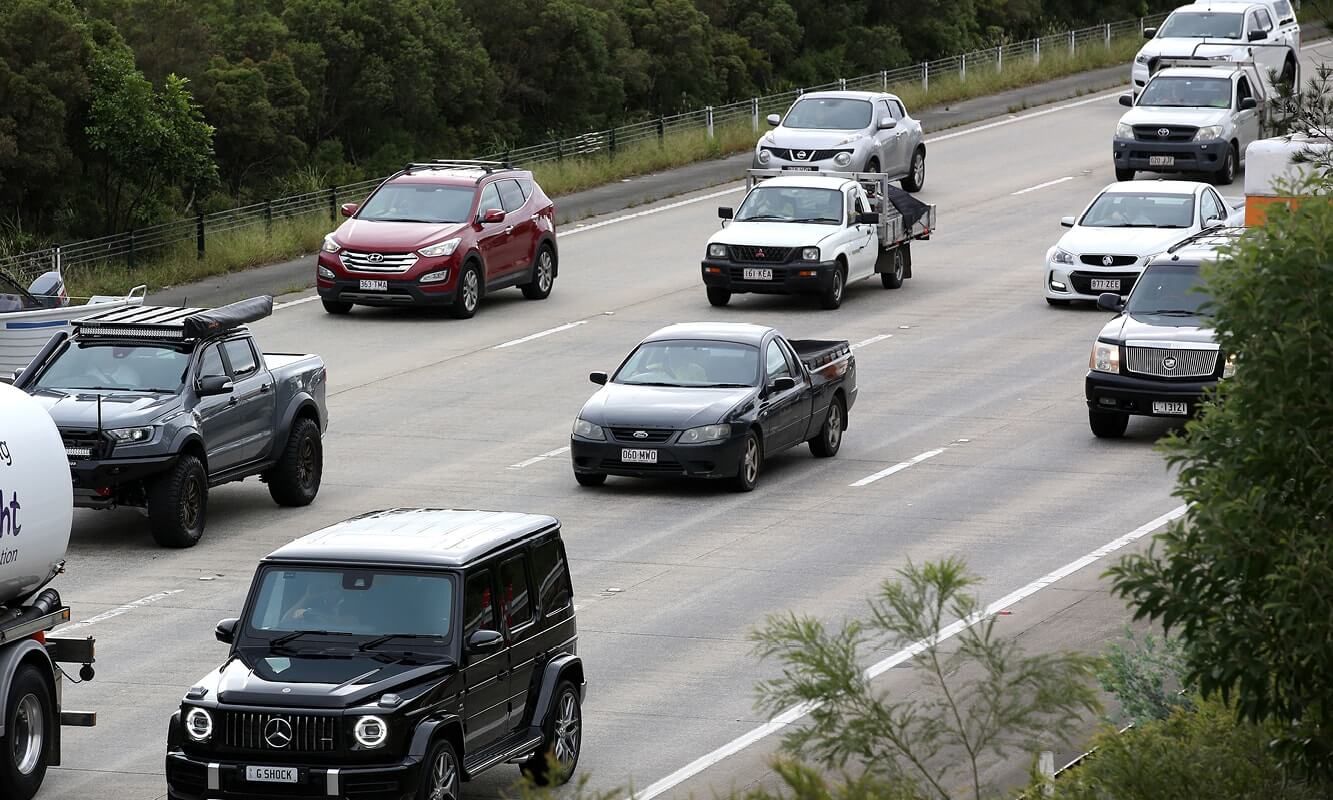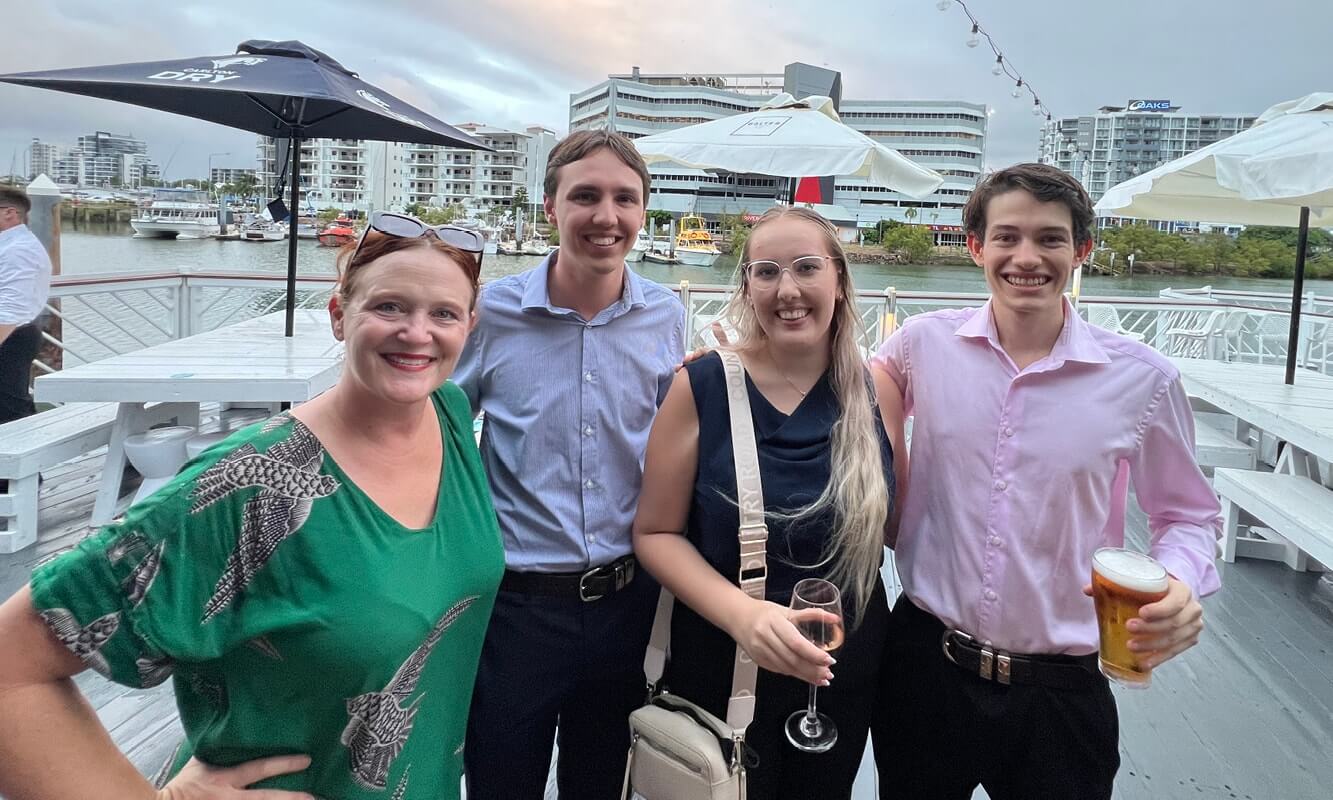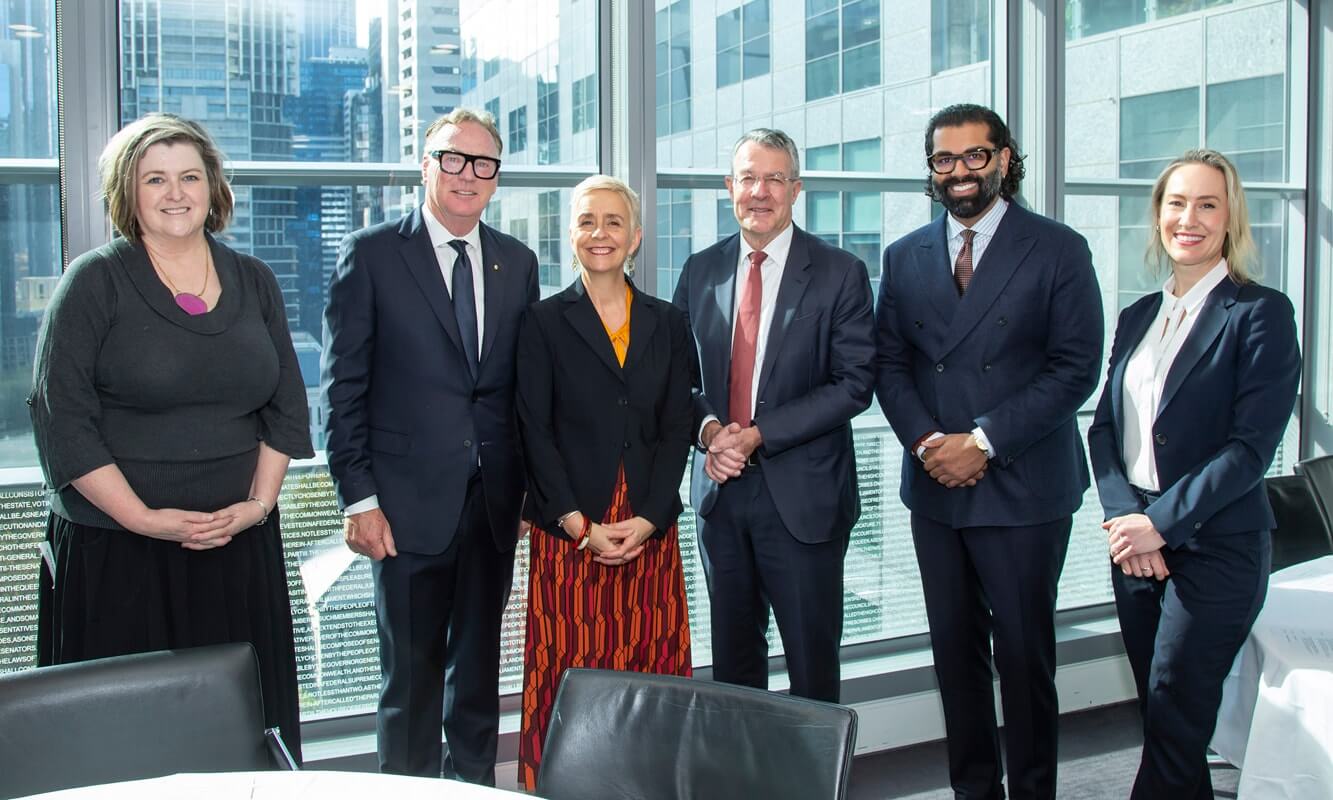The delays and difficulties that visa applicants encounter throughout the visa application process have significant impacts and impede the capacity of individuals to genuinely settle and meaningfully contribute to the community in Australia.
Queensland Law Society is advocating for a range of measures to be implemented to improve processing visa classes which provide for family and partner unions.
As it stands, permanent visas for family members are issued under two streams: the migration program and the Special Humanitarian Program (SHP).
The migration program pathway affords access to partner, child, parent and aged dependent relative visas. The costs associated with this pathway are prohibitive for many, with most visa application fees escalating into many thousands per visa applicant. This process is also often lengthy, with timeframes of between 12 months and three years. Reduced fee applications and priority processing should be available where the sponsor is on a humanitarian or protection visa.
Any Australian citizen or permanent resident can propose an overseas family member under the SHP. The drafting process for this application is relatively uncomplicated and there is no associated application fee. QLS supports these elements of the process. However, there is significant uncertainly about whether the family member will be granted a visa, even when all requirements are satisfied. Only around one out of every seven applications is granted and applications can be refused on the basis that Australia does not have places available to support these applicants.
These applications can also take months or years to process. The personal impacts of visa processing are significant. A person who has been granted humanitarian visa offshore, usually in a UNHCR refugee camp or a city-based refugee who has been recognised by UNHCR, has generally spent many years waiting to be resettled.
Once they have been resettled in Australia and granted permanent residency, they often spend many more years pursuing family and partner reunions. It can be difficult, for example, to focus on education or employment when engaged in drawn-out migration processes and while concerned about family overseas.
Unfortunately, there are a number of barriers to sponsorship or expedited processing under the SHP.
First, the definition of immediate family is limited to spouse or de facto partner, dependent child, or a parent (if the proposer is under 18). This limited definition of immediate family may not be consistent with cultural concepts of family outside Australia, and may exclude a range of close family members with a clearly dependent relationship to the proposer (such as elderly parents or single female relatives). The definition of immediate family should be extended to include other dependent family members and relatives beyond the nuclear family, while still maintaining the integrity of the visa program.
Secondly, visa application discrepancies are common as a result of the nature of the application process, as well as the circumstances of this particular visa cohort. Applications are often drafted by junior embassy officials or a junior UNHRC official assisting a person with their settlement application. This process is often rushed and attention to detail may be lacking in the circumstances. When listing personal details, attention may not be given to providing complete family history, accurate dates of birth or correct spelling of names.
In addition, the circumstances of the visa applicants themselves are such that errors and inconsistencies in information provided are very likely. This group of visa applicants have typically experienced significant trauma and violence in fleeing their home countries, may have had limited education, literacy skills, and may have lost (or never had) relevant birth registration documents.
They may be relatively young, and separated from their family members due to violence and war. The collective result of these circumstances is mistakes and incorrect information in relation to their family composition is very likely to occur.
Unfortunately, the impacts of this can be devastating for a person once in Australia and seeking to have family members join them. In assessing an application, the Department of Home Affairs will scrutinise a family member’s application against what is already known about the sponsor in Australia and the applicant offshore.
If family relationships are not captured, this can lead to applications being afforded lesser processing priority. Where inconsistencies exist, or details of family members are missed, the application process could be delayed by years in some cases.
In some circumstances, not only will the new application be refused but the person in Australia could be facing permanent residency visa cancellation, if the Department of Home Affairs considers that they have provided false or misleading information with their visa application.
Given the circumstances described above, discrepancies are inevitable as a result of the context within which visa applications are completed and should not, by themselves, lead a decision-maker to conclude that the applicants have provided false or misleading information.
People who arrive in Australia by boat face additional barriers to family reunions. The SHP visa process specifically excludes those who have arrived in Australia by boat. Access to the migration program is only available once the visa holder is recognised as an Australian citizen.
Finally, adequate, ongoing funding for legal assistance providers, including community legal centres and Legal Aid, must be prioritised to ensure applicants are provided with the advice and support necessary. Access to legal assistance can prevent or reduce the escalation of legal problems and reduce cost to the justice system overall. Self-represented applicants may be less familiar with proper evidence gathering and document drafting which, in itself, can contribute to a backlog of applications in the system. QLS strongly supports increased funding to these essential services.














Share this article